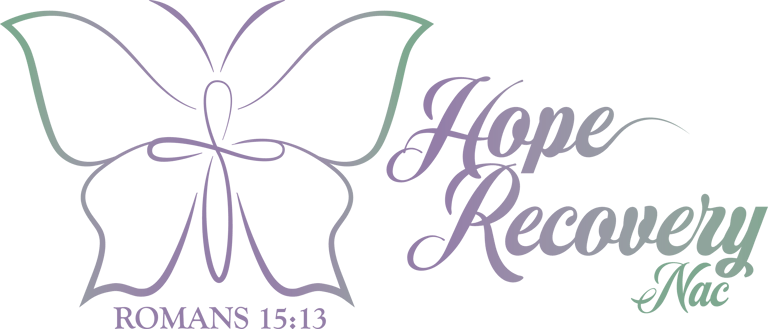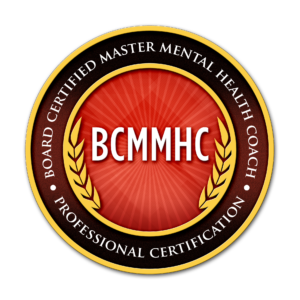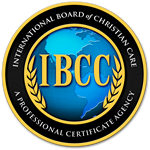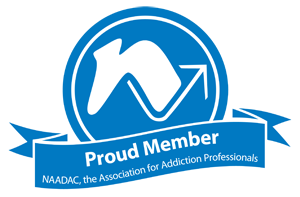Step 9 "Made direct amends to such people wherever possible, except when to do so would injure them or others."
9/9/20243 min read


The Healing Power of Making Amends: Reflections on Step 9
"So if you are offering your gift at the altar and there remember that your brother has something against you, leave your gift there before the altar and go. First, be reconciled to your brother, and then come and offer your gift." — Matthew 5:23-24 (ESV)
As we journey through the Twelve Steps of Alcoholics Anonymous, each step brings us closer to healing and wholeness. Step 9 is one of the most challenging yet profoundly transformative steps: "Made direct amends to such people wherever possible, except when to do so would injure them or others."
Making amends isn't just about saying, "I'm sorry." It's about taking responsibility for our actions, recognizing the harm we've caused, and actively working to repair the damage. This step is a powerful act of humility, requiring us to face the consequences of our past behaviors and seek reconciliation. But what does it mean to make amends, and how can we approach this step in a way that honors both ourselves and those we've hurt?
The Courage to Face the Past
Step 9 challenges us to look back at our past actions and take ownership of them. It's easy to feel overwhelmed by guilt and shame when we reflect on the harm we've caused, but it's important to remember that this step is not about wallowing in regret. Instead, it's about finding the courage to face the past, acknowledge our mistakes, and begin the process of healing.
The Bible reminds us of the importance of reconciliation in Matthew 5:23-24. Jesus teaches us that making amends is so vital that it should take precedence over religious rituals. Before we can truly move forward, we must seek to restore the relationships we've damaged, as much as it depends on us.
The Power of Sincere Apologies
A sincere apology is more than just words—it's an expression of our genuine remorse and commitment to change. When we apologize, we acknowledge the pain we've caused and take responsibility for our actions. But a sincere apology also involves making amends—finding ways to repair the harm we've done.
In some cases, making amends may involve a financial repayment, while in others, it may mean offering a heartfelt apology or committing to different behavior in the future. The goal is to restore trust and demonstrate that we're taking our recovery seriously.
When Making Amends Isn't Possible
Step 9 also acknowledges that there are situations where making direct amends might not be possible or appropriate. In cases where reaching out could cause further harm—to the person we've wronged or to others—we must approach the situation with wisdom and discernment. In these cases, we can make indirect amends through acts of kindness, service, or by living a life that reflects our commitment to recovery.
The Gift of Forgiveness
Making amends is not just for the benefit of those we've hurt—it's also for us. When we make amends, we experience the freedom that comes from letting go of guilt and shame. We open ourselves up to the possibility of forgiveness, both from others and from ourselves. It's important to remember that while we seek forgiveness, we cannot control how others will respond. Some may not be ready to forgive, and that's okay. Our responsibility is to make amends where possible and then leave the rest in God's hands.
Moving Forward with Hope
As we take this courageous step, we can move forward with hope, knowing that we're doing the work necessary to heal our relationships and ourselves. Step 9 is a testament to the power of God's grace at work in our lives, helping us to make things right and experience the peace that comes from living in harmony with others.
In this step, we see the beauty of redemption—the possibility of turning our mistakes into opportunities for growth and reconciliation. As we continue on our journey through the Twelve Steps, may we find strength in the knowledge that we're never alone. God walks with us every step of the way, guiding us toward healing, forgiveness, and peace.
Prayer:
Heavenly Father, grant us the courage to face our past and make amends for the harm we've caused. Help us to approach this step with humility, seeking reconciliation and peace in our relationships. Where making amends is not possible, give us the wisdom to find other ways to bring healing. May Your grace guide us as we seek to restore what has been broken, and may we find the strength to move forward with hope and faith. Amen.









